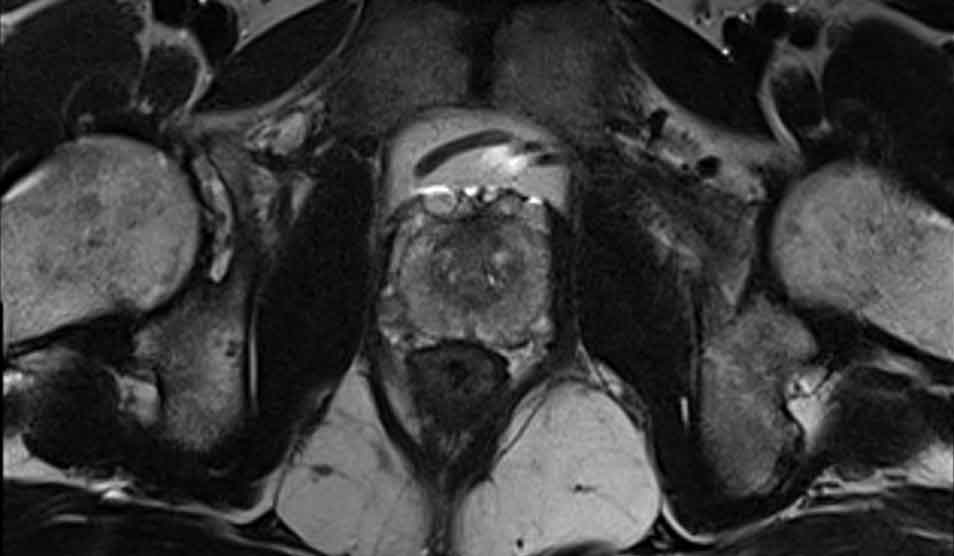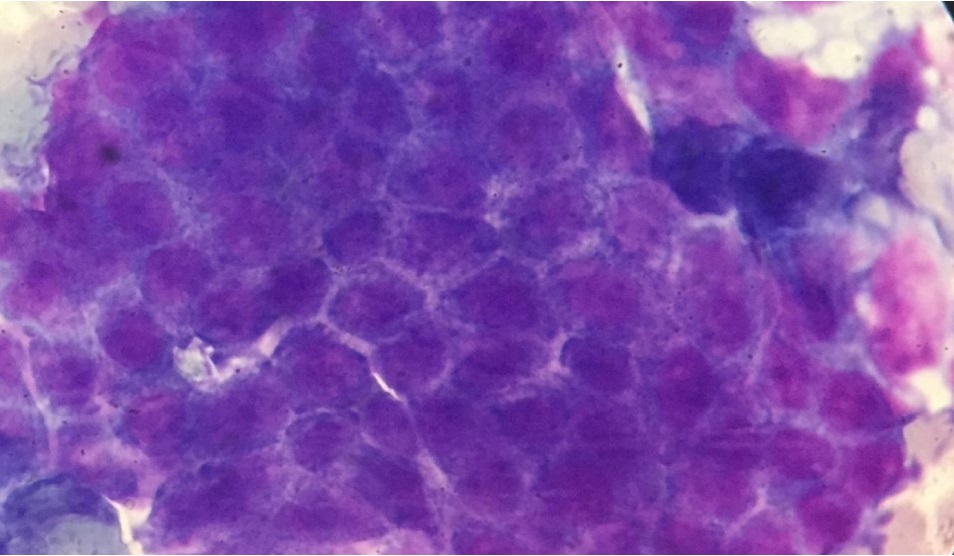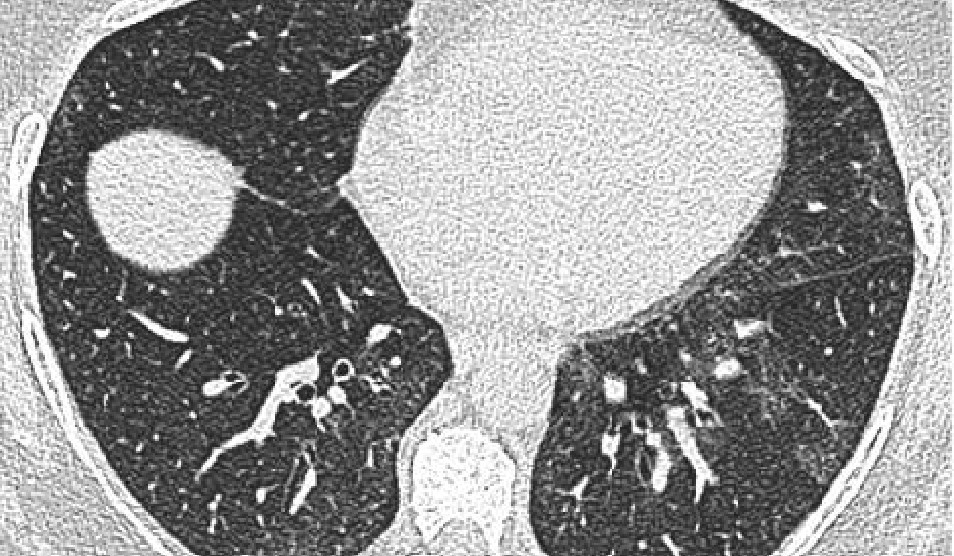Trust to test technology showing surgeons cancerous brain tissue
Surgeons at Imperial College Healthcare NHS Trust will pioneer the testing of new technology which aims to enable surgeons to instantly tell the difference between healthy and cancerous brain tissue.
Currently, one of the major obstacles to removing brain tumours is the fact that the boundary between the tumour and normal brain tissue is very hard to see using the naked eye, even with an operating microscope. This means that surgeons must rely on numerous biopsies taken during the course of the surgery to ensure that they are only taking away cancerous tissue.
Surgeons at the Trust will be testing a laser spectroscopy system which is already successfully used to detect skin cancer. The technology uses lasers to detect subtle differences in cancerous and healthy tissue, and Trust surgeons hope that it will also assist in mapping and diagnosing brain tumours.
Mr Babar Vaqas, neurosurgeon at the Trust said:
“Imperial College Healthcare NHS Trust is well known for its innovative approach to healthcare and the testing of this new technology only adds to that.
“We are hopeful we will be able see beyond the naked eye to diagnose and map brain tumours during surgery using the laser spectroscopy system.
“This study will be unique in that it will be the first ever application of laser spectroscopy system during human brain surgery.”
Mr Vaqas is carrying out a study of the new technology in a research project for his MD degree at Imperial College London.
It is also hoped that if the system is a success it could be used in conjunction with the iKnife which is currently being developed by Imperial College London.
Babar’s post as neurosurgeon at the Trust is supported by the Pickard Foundation, and the project is supported by BTRC (Brain Tumour Research Campaign) and BTR (Brain Tumour Research).
Verisante Technology, Inc have provided the Trust with their Verisante Core and laser Raman Spectroscopy system for testing.



